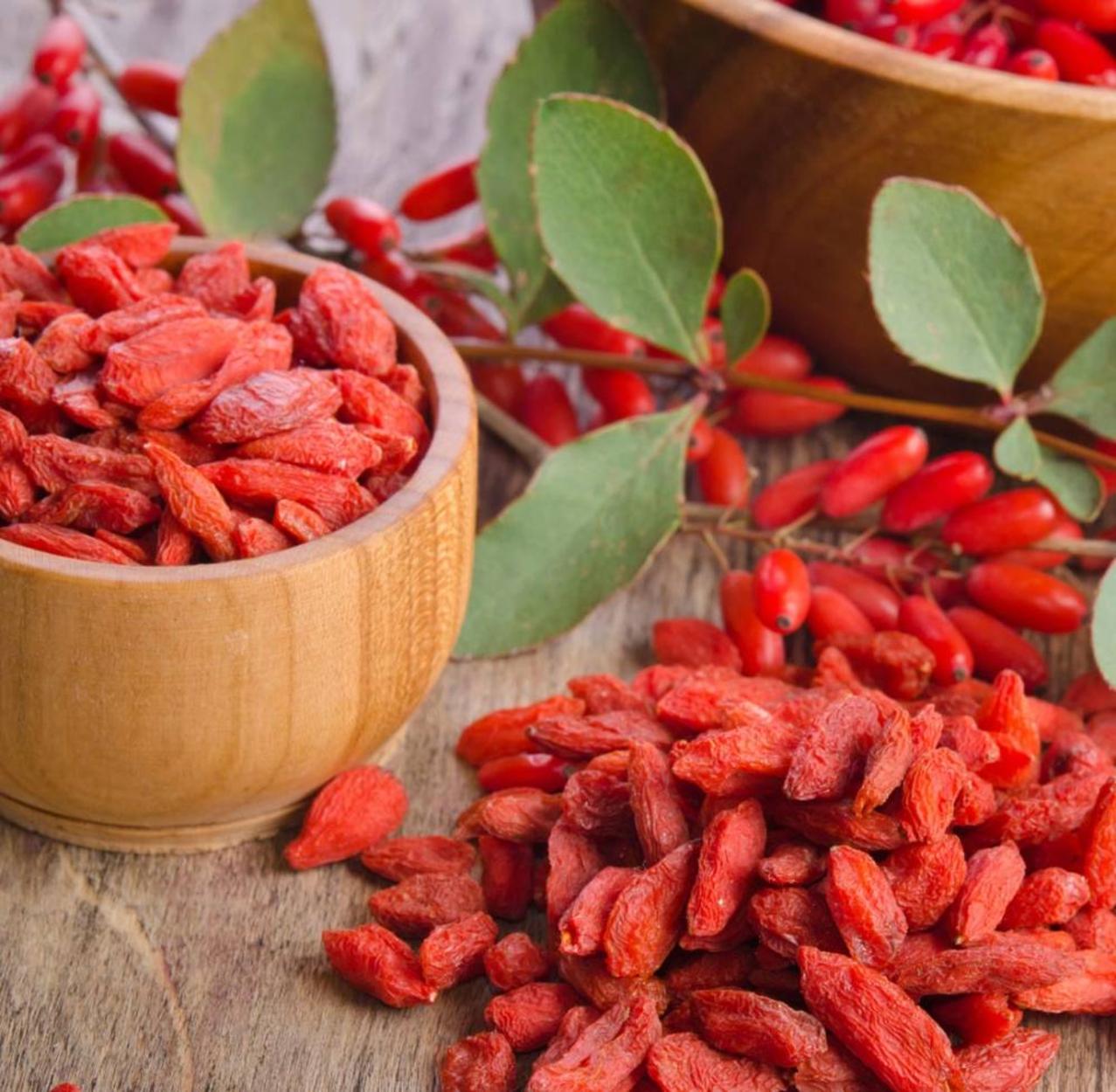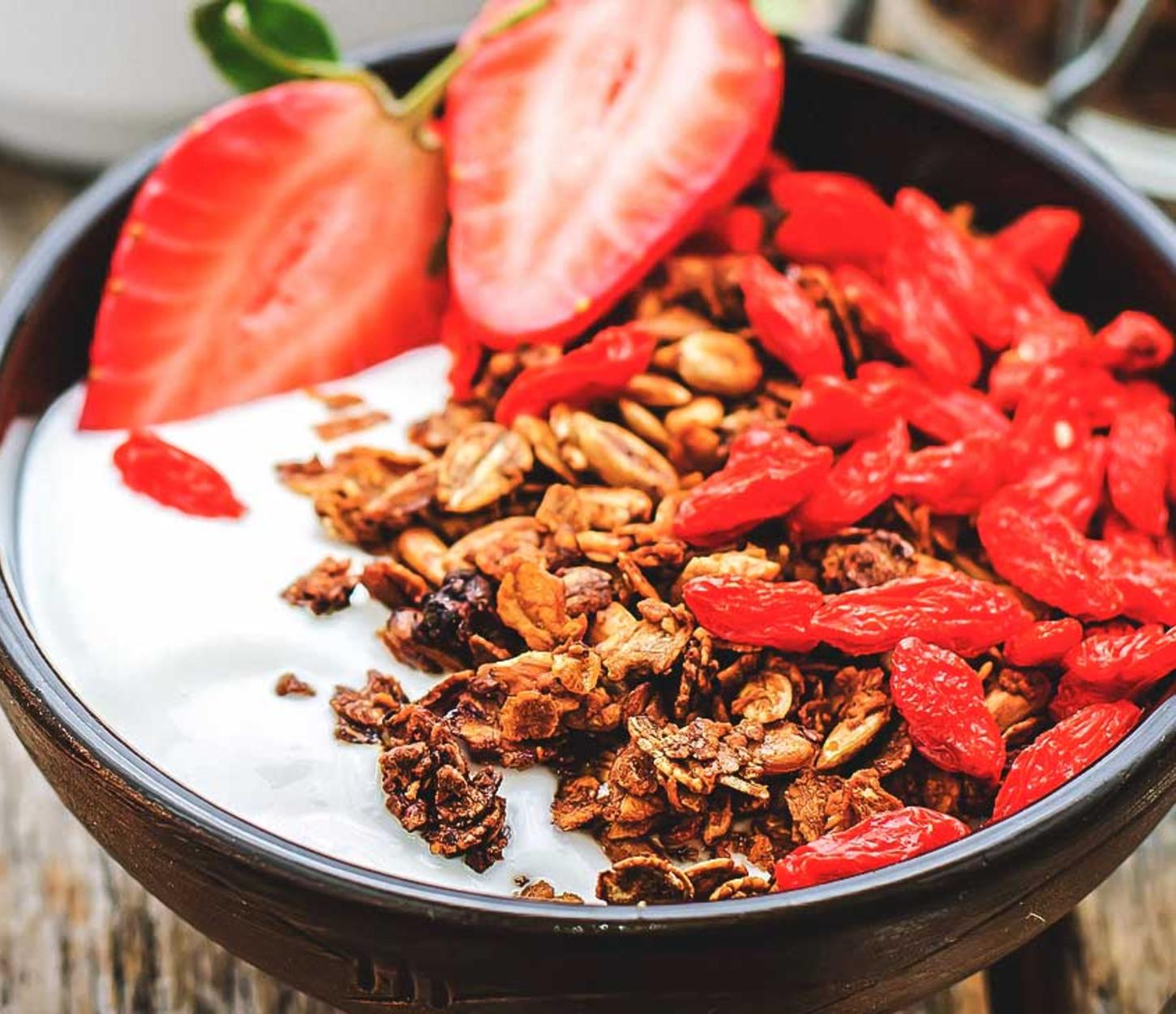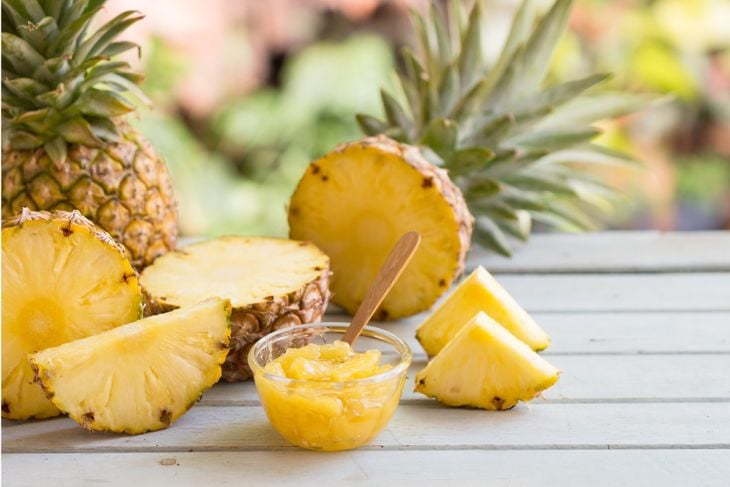Klairs Vitamin C Review
The Benefits of Vitamin B Supplements

CC0/mojzagrebinfo/Pixabay
Vitamin B is a crucial resource in your body, yet many people don't consume enough vitamin B with diet alone. Vitamin B vitamins are necessary for both men and women, especially older adults and those with certain medical conditions. Because vitamin B comes in many forms, it can be confusing to figure out exactly how to take for the most health benefits.
Types of Vitamin B Supplements
Vitamin B complex is a supplement that contains a combination of essential B vitamins so you don't have to take multiple pills each day. Some of the most effective vitamin brands include other vitamins as well, such as biotin, zinc, vitamin C and vitamin E. If you only want to take certain B vitamins, look for individual B1, B2, B3, B5, B6 and B12 supplements. If you're pregnant or obese, you need more of these vitamins, but it's good to check with your doctor for specific requirements.
Kidney Health
B Complex is one of the best vitamins for kidney health because each vitamin it contains has an important job. Vitamins B6, B12 and folic acid help prevent anemia, and the other B vitamins, such as riboflavin, thiamine and niacin, turn the food you eat into energy. If you have kidney disease, your vitamin requirements are different than someone who doesn't have it. Vitamin B6 works to make protein and red blood cells, vitamin B12 makes red blood cells and folate maintains nerve cells and assists in making new cells.
Anxiety and Depression
Vitamin B complex vitamins help with depression and anxiety. It's believed that when you're not getting enough B vitamins in your diet, it causes an imbalance in the brain neurotransmitters that create a signal to your brain, leading to depression. Vitamins B3 and B6 added with some folic acid can help improve your mood and reduce anxiety. You can visit your local natural vitamin shop to see what they have, but if you have questions, you should speak to a physician first or do some research to make sure you're taking the right supplements.
Other Conditions
Trials using vitamins B2, B9 and B12 have shown to benefit conditions such as rheumatoid arthritis and osteoarthritis. The reason these B vitamins are the best vitamins for arthritis is because they help reduce inflammation and improve joint mobility. Vitamin B12 is one of the best vitamins for fibromyalgia because low levels of the vitamin in your body can increase symptoms, making your pain and discomfort worse and causing muscle weakness, pins and needles, and unexplained aches and pains. B vitamins are some of the best vitamins to help tinnitus, or ringing in the ear. Many patients who have chronic ringing in their ears are deficient in B12. B vitamins are also the best vitamins for older men and heart health.
What to Buy
What to buy depends on what your body needs. It's helpful to determine your vitamin requirements based on age and sex before increasing your vitamin intake with your diet. Take time to learn about the top 10 vitamin brands and search vitamin company ratings to find something that works best for you. Vitamin E is good as an antioxidant, which protects the cells, so it's another vitamin that is worth considering. Vitamin G is good for improving healing capabilities and reducing inflammation. Vitamin D3 is used for treating and preventing bone disorders by assisting the body in absorbing calcium.
More From QuestionsAnswered.net
Source: https://www.questionsanswered.net/article/the-benefits-of-vitamin-b-supplements?utm_content=params%3Ao%3D740012%26ad%3DdirN%26qo%3DserpIndex























